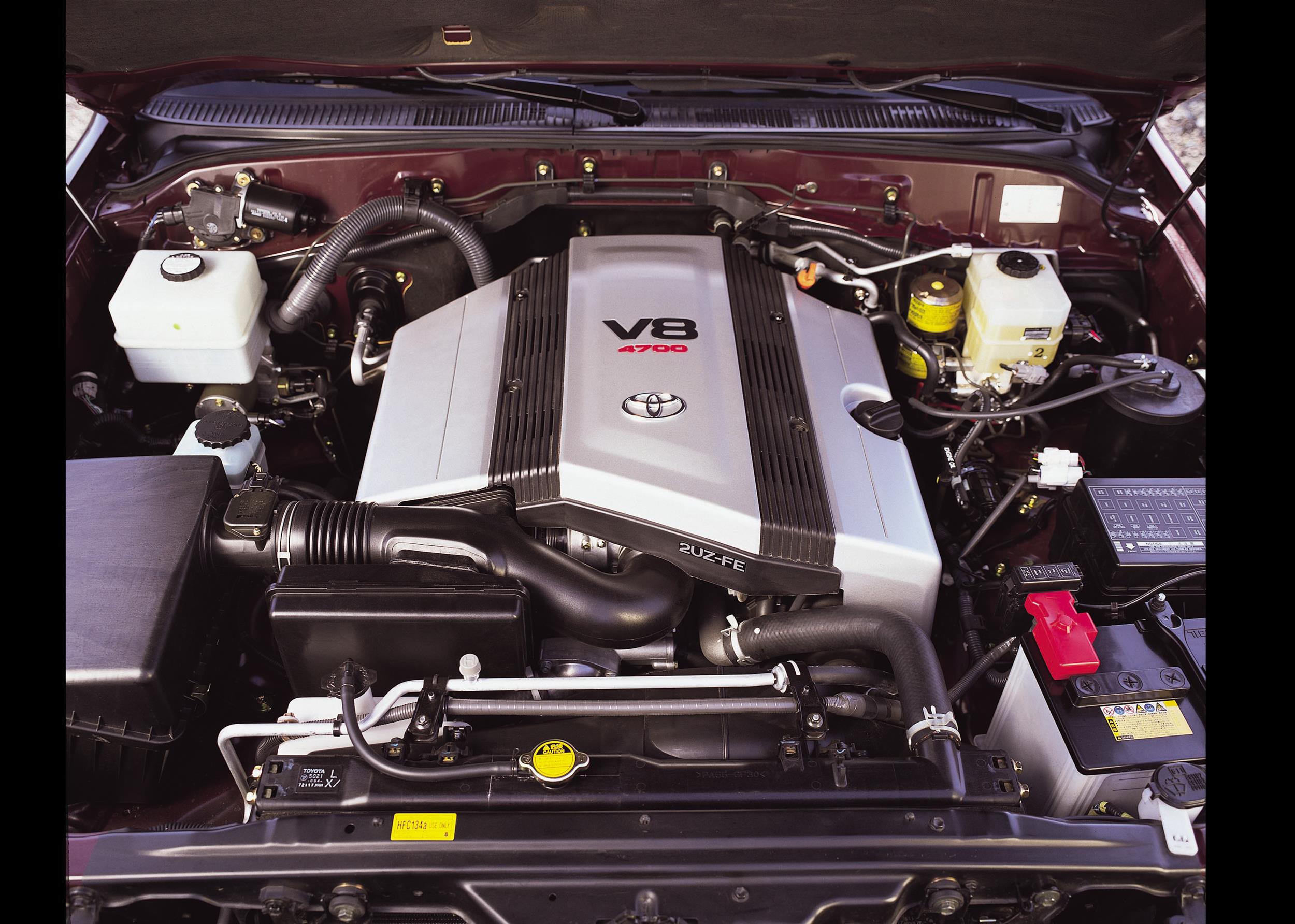Introduction The 3.2L Pentastar V6 engine was first introduced in the Jeep KL Cherokee in 2014 and was the first derivative of the 3.6L Pentastar V6 engine. Key features of the 3.2L Pentastar V6 engine included: High-pressure die-cast aluminium block with a 60-degree ‘V’ angle; Nodular iron crankshaft; Forged steel connecting rods; Cast aluminium alloy […]
model: - Engines -
Chrysler 3.5L EGG V6 engine (2005-11)
Introduction Chrysler’s EGG engine was a 3.5-litre V6 petrol engine which powered the Chrysler LX 300C from 2005 to 2011 (see table below). Manufactured in Kenosha, Wisconsin, key features of the EGG engine included its: Aluminium alloy block with 60-degree ‘V’ angle; Forged crankshaft with cross-bolted main bearing caps; Cast aluminium cylinder head; Belt-driven single […]
2ZZ-GE Toyota I4 Engine
Introduction First offered in Australia in 1999 in the Toyota T230 Celica, the 2ZZ-GE was a 1.8-litre four-cylinder petrol engine. The 2ZZ-GE and related 1ZZ-FE were members of Toyota’s ZZ engine family and featured alloy construction to reduce mass. Whereas the 1ZZ-FE was developed for economy and low-end torque, the 2ZZ-GE was developed for top-end […]
2ZR-FXE Toyota engine
Introduction Toyota’s 2ZR-FXE was a 1.8-litre four-cylinder petrol engine that was a member of Toyota’s ‘ZR’ engine family. Like the 2ZR-FE on which it was based, the 2ZR-FXE engine had an aluminium alloy cylinder block and head, offset crankshaft, double overhead camshafts and four valves per cylinder. The 2ZR-FXE engine, however, was distinguished by its: […]
2UZ-FE Toyota engine
Introduction Toyota’s 2UZ-FE was a 4.7-litre V8 petrol engine which had a 90 degree ‘V’ angle and was developed for low-rev, high-torque applications. Unlike the other members of Toyota’s UZ engine family, i.e. the 1UZ-FE and 3UZ-FE, the 2UZ-FE had a cast iron block – this contributed to the 2UZ-FE’s high service mass of 255.5 […]
2ZR-FE Toyota engine
Introduction The 2ZR-FE was a 1.8-litre four-cylinder petrol engine that was a member of Toyota’s ‘ZR’ engine family. Key features for the 2ZR-FE engine included its aluminium alloy cylinder block and head, offset crankshaft, double overhead camshafts, four valves per cylinder actuated by roller rocker arms and dual VVT-i. Unlike the 2AZ-FAE engine, the 2ZR-FE […]
2UR-FSE Lexus engine
Introduction Lexus’ 2UR-FSE was a 5.0-litre V8 petrol engine with a 90-degree ‘V’ angle. A member of the Toyota/Lexus ‘UR’ engine family, along with the 1UR-FE, 1UR-FSE, 2UR-GSE and 3UR-FE, key features of the 2UR-FSE included: Its aluminium alloy block and cylinder head; Double overhead camshafts (chain-driven); Dual VVT-i, including VVT-iE; Direct and indirect (port) […]
2UR-GSE Lexus engine
Introduction The 2UR-GSE was a 5.0-litre V8 petrol engine with a 90-degree ‘V’ angle that was first introduced in the Lexus IS F. Although based on the related 1UR-FSE engine, the 2UR-GSE underwent extensive changes to suit its more sporting applications. Significantly, the cylinder head for the 2UR-GSE engine was developed by Yamaha and changes […]
2NZ-FE Toyota engine
Introduction Toyota’s 2NZ-FE was a 1.3-litre four-cylinder petrol engine that was first introduced in the Toyota XP10 Echo. A member of Toyota’s ‘NZ’ engine family, the 2NZ-FE was closely related to the 1.5-litre 1NZ-FE engine. The 2NZ-FE engine was subsequently used in the XP90 Yaris and XP130 Yaris models. The 2NZ-FE engine had a service […]
2TR-FE Toyota engine
Introduction Toyota’s 2TR-FE was a 2.7-litre four-cylinder petrol engine. A member of Toyota’s ‘TR’ engine family, the 2TR-FE effectively replaced the 2.7-litre 3RZ-FE engine and powered the Mk.7 Hilux utility and Mk.5 HiAce van. 2TR-FE block and balance shafts The 2TR-FE had a cast iron, deep-skirt cylinder block with 95.0 mm bores and a 95.0 […]





